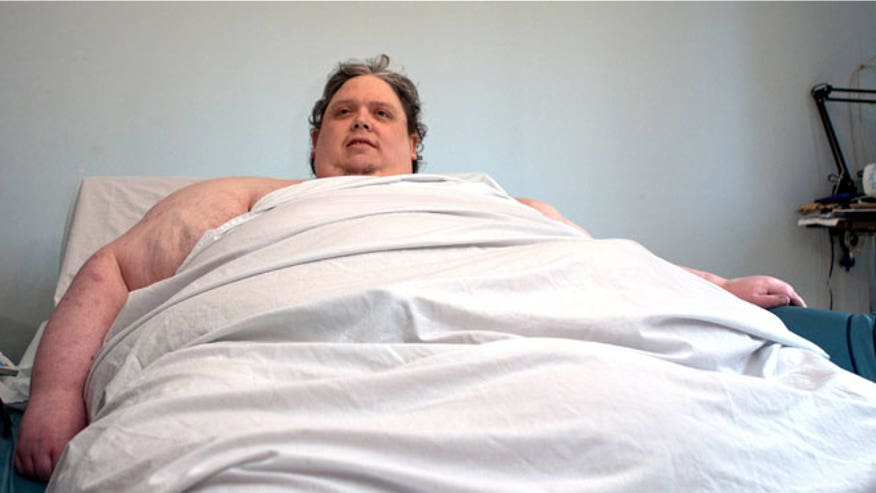Previously, research has linked a variant in the FTO gene to obesity risk. Now, researchers from the Massachusetts General Hospital (MGH) Department of Psychiatry suggest in a new study that the impact of this variant on obesity risk depends largely on birth year.
The researchers noticed that most studies investigating the interactions of genes and the environment focused on differences within groups of people born during a particular span of years. The team realized that studies of these birth cohorts would not account for environmental changes occurring over time.
In an attempt to understand whether the environmental conditions experienced across different age groups affect the impact of a gene variant, the team analyzed data from the Framingham Offspring Study, which follows the children of participants from a long-term study that collected data from 1971-2008.
The body mass index (BMI) of the participants was measured eight times during the study period, which allowed the MGH team to examine the correlations between BMI and the FTO variants of the participants.
The researchers found no correlation between FTO variant and BMI for participants born before 1942. However, in participants born after 1942, the correlation between BMI and FTO was twice as strong as had been reported in previous studies.
“Looking at participants in the Framingham Heart Study, we found that the correlation between the best known obesity-associated gene variant and body mass index increased significantly as the year of birth of participants increased,” says lead author Dr. James Niels Rosenquist, of the MGH Department of Psychiatry. He adds:
“These results – to our knowledge the first of their kind – suggest that this and perhaps other correlations between gene variants and physical traits may vary significantly depending on when individuals were born, even for those born into the same families.”
Post-World War II lifestyle changes suggested as contributing factors
Although the environmental differences that caused this change in the association are not identified in the study, the authors hypothesize that the increased reliance on technology, rather than physical labor, and the availability of high-calorie processed foods – both of which emerged following World War II – are likely contributors.
“We know that environment plays a huge role in the expression of genes, and the fact that our effect can be seen even among siblings born during different years implies that global environmental factors such as trends in food products and workplace activity, not just those found within families, may impact genetic traits,” says Dr. Rosenquist.
The researchers believe that their findings are a good example of why any genetic study should be interpreted “with a grain of salt,” while suggesting that new genetic risk factors may emerge in the future as a consequence of ongoing environmental changes.
via Year of birth has an influence on genetic risk for obesity, study finds – Medical News Today.





